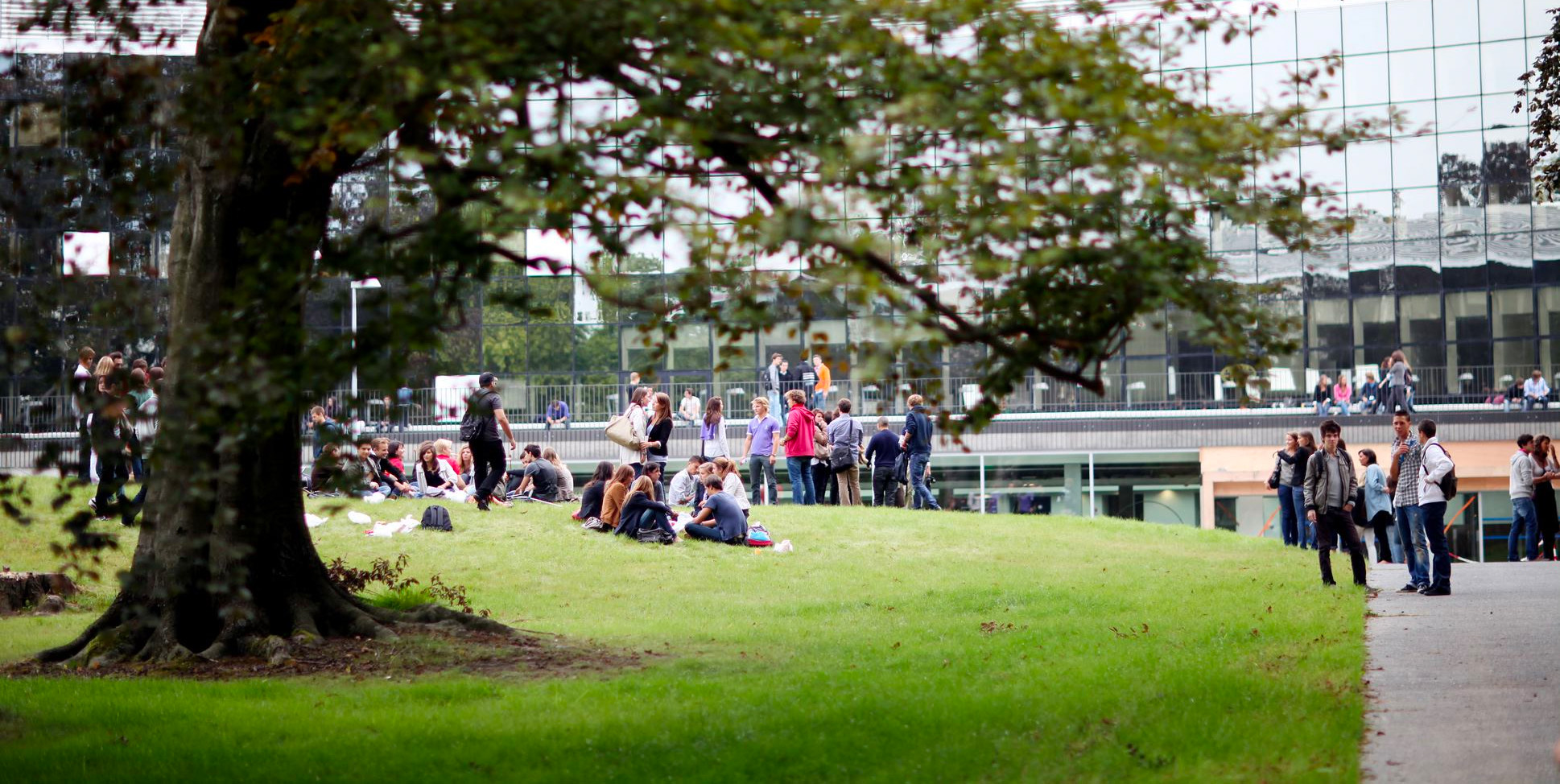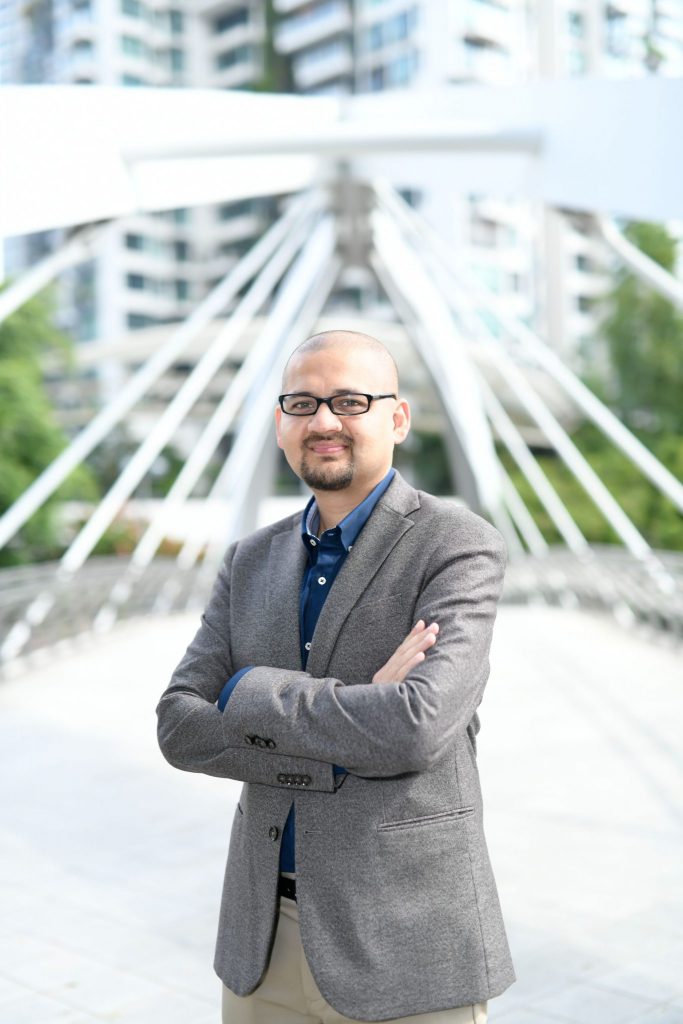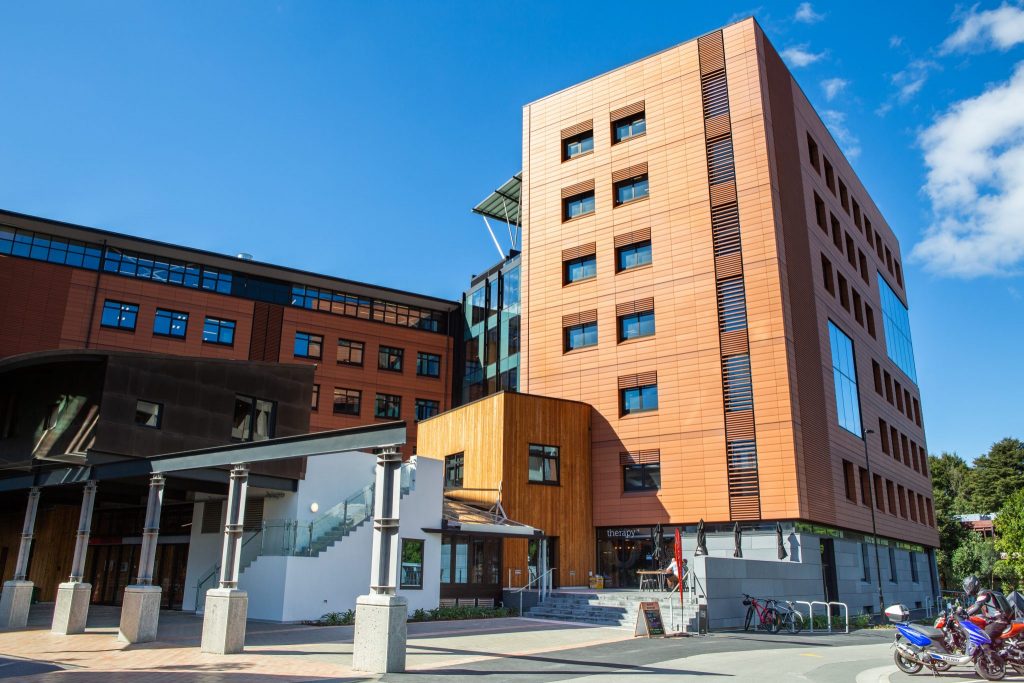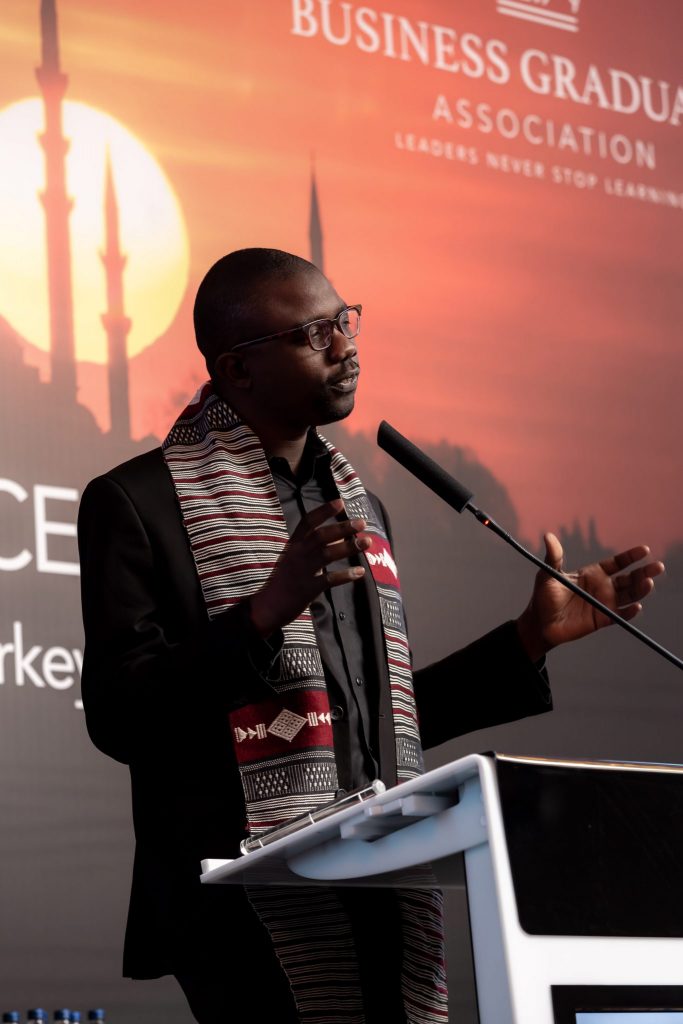Given management education’s importance to the evolution of Russia’s economy, the MGIMO School of Business and International Proficiency is training a new type of manager, says its Director, Angelika Mirzoeva. Interview by David Woods-Hale
In a landscape that is effectively defined by disruption and change, preparing leaders and managers to not just ‘cope’ with volatility, but to also make an impact, is the overarching challenge shared by Business Schools the world over.
Business Impact caught up with Angelika Mirzoeva, Director of the MGIMO School of Business and International Proficiency, to find out how Schools could be doing more than just reacting to this environment and instead, help to set the scene themselves. Her advice: innovate, collaborate and diversify wherever you can…
Why is management education important in Russia and what is the value it brings to your community?
The global community is faced with new challenges, which will define the framework of business education both in Russia and beyond.
Today’s management education is not simply a process of consuming knowledge. It is a creative process involving both teachers and students. Managers that are able to think outside the box are in demand and, in turn, the demand for business education is becoming more focused and stringent.
The responsibility for finding the right solutions to modern challenges should lie with leaders who are highly qualified managers those who are able to see what lies ahead, and to transform and improve the present in line with this forward-thinking vision.
Training these leaders of the future requires a revised system of business education. It becomes lifelong learning, implying complex training in science and humanities, providing students with knowledge, and, most importantly, developing certain beliefs and values in them, and a socially responsible code of conduct in a professional environment.
Given the importance of management education in forming a new economy in Russia, the MGIMO School of Business and International Proficiency trains managers of a completely new type: those who possess fundamental knowledge, aim to work in an innovative way, and take effective management decisions.
How healthy is the current market for business education in Russia, and the surrounding region, and what are the main challenges?

Business education in Russia has aroused public interest for almost two decades. The market is not homogeneous and, in different segments, it develops differently.
I would point out two main challenges for Russian business education. First, business education is often confused with training, short programmes, and masterclasses. It should be noted that business education is a large market and constantly changing. The other challenge is the imbalance between practice and theory in the curricula, and lack of educational innovations.
The biggest hurdle facing our business programmes is not retaining high-quality staff or recruiting sufficient numbers of students – the problem is innovation in the classroom. Today’s most effective managers are the ones who are able to organise interaction between various groups, find additional resources and attract partners. These are the people we see apply to Business Schools when seeking out new competencies.
I believe that over the coming two years the MBA/EMBA market will continue to develop steadily in certain segments. Whether the economic growth of the labour market is high or low, demand for MBA programmes will remain. Specialists planning to reach a new level of professional development will have no alternatives.
What type of people study at your School and what have graduates gone on to do in the local region and beyond?
The target audience is top and middle managers, business owners, people with successful careers, and ambitious people with leadership potential. An average MBA student at our School is aged 34, has higher education (mostly specialist level) and between eight and 13 years of experience; the bulk of students are Russian citizens. Gender breakdown has not changed significantly over the past three years. In 2019, it was 56% men, 44% women.
We do not target a specific geographic location; instead, the programmes are made with the global market in mind.
The Business School’s students include those studying PhDs, master’s, specialist degrees, and bachelor’s, and more than nine out of 10 enrolled students (91%) successfully complete the MBA programme and achieve their diplomas. Our graduates become members of the MGIMO Trusteeship Council, and some of them even go on to become visiting lecturers at the School.
In terms of jobs, many graduates enjoy greater career opportunities with government agencies, both in Russia and abroad. Established entrepreneurs, meanwhile, might use the knowledge acquired to expand and diversify their businesses, while others use it to begin building their own companies.
What do you think makes your portfolio of programmes stand out from others that are available in Russia and the surrounding region?

Our programmes have an international component. Moreover, we have a number of very popular specialisations, which meet current trends and requirements.
To make the MBA programme truly international, we seek to help students understand the styles and methods of management used in different cultures and parts of the world, citing examples and studies of diversity.
Diverse concepts and styles of management are made part of the curriculum by mapping leadership development; holding joint sessions with students from other groups and years; citing international examples in virtually all courses; and organising external modules and internships at international Business Schools.Today’s world needs applied knowledge first and foremost, and our School strives to make the knowledge we provide to be of actual benefit to our students, the economy, and the general public.
The School’s ties to industry are also a differentiating factor. Russia’s largest companies, such as OJSC Russian Railways and the Ural Mining and Metallurgical Company, are among our corporate clients. We also have agreements with other leading Russian companies, as well as those overseas, in terms of internship programmes, outreach units, and graduation projects for students of our MBA programmes.
Can you provide an example of how your School is using forms of new technology to meet the needs of its students?
The Business School seeks to use innovation to boost its students’ personal growth and learning outcomes. Since 2016, the School has been recording and publishing its distance courses on Coursera. MBA and EMBA students can access these Coursera courses for free, giving them the extra option of distance learning.
Currently, Coursera contains 13 of the School’s courses and one specialisation. We believe this project has been a success and opens opportunity for outstanding potential to be used, especially in the context of global digitisation. Online learning and technology, it seems, will impact heavily on the executive education space in the coming years, revolutionising the way we approach the development of our personal and professional skills. Business Schools always need to look ahead because they educate leaders and decision makers for a fast-changing world that is being greatly disrupted by the digital era.
Which single new programme, course, or initiative are you most excited about and why?
The School has developed a new MBA specialisation recently, in strategic marketing and management.
Elsewhere, we have started combining our use of distance and multimedia learning methods with traditional methods (lectures, seminars, role plays, trainings, and masterclasses) and are working actively on developing blended MBA distance programmes. As for training areas, we continue to expand our programmes in digital economy, entrepreneurship and international business, developing markets, and the fashion industry.
Does your School engage with businesses, government and other public-sector organisations in your region?
Public and private sector representatives are partners, as well as corporate customers and employers of our graduates.
In addition to this, we involve employers in discussions relating to the admissions office, the final certification commission, the selection of the final project topics, external modules, and internships. Employers are eager, for example, to set the challenges each student has to address as part of their final project. Employers are also members of the School’s Expert Council, and function as professors – wherein senior managers of companies come to us to deliver lectures and masterclasses.
We have also worked in partnership with Russia’s Ministry of Agriculture to open a new department focused on global agricultural markets and foreign economic activity in the agricultural sector, and to launch a vocational retraining programme and a global agricultural markets master’s programme. The School’s Odintsovo branch, meanwhile, has opened a base department of the Ministry of Housing and Communal Services of Moscow Region to explore urban infrastructure and territorial management.
Further examples of industry collaboration include: launching a new advanced training programme in political management in co-operation with the consulting company, Baikal Communications Group; coordinating the discussion of an idea to set up the Expert Center for procurement activities in the UN system together with UNIDO (United Nations Industrial Development Organisation); and launching an open course in sports marketing together with our partner, VTB United League, and in conjunction with the School’s sports diplomacy master’s programme.
How is the School working to boost the employment prospects of its graduates?
Through a culture of entrepreneurship, open-mindedness, non-conformism, pragmatism, and leadership, the School has trained managers who are experts in the challenges posed by business. Working with companies to help them in their search for interns, apprentices and future executives, we maintain close ties with the corporate world to co-design teaching and anticipate graduates’ future careers.
In today’s fast-changing and complex world, talent acquisition is key. Businesses need high potential talent that possess a global mindset and are ready to make an impact from day one. Our aim is for MGIMO students and graduates to deliver just that. For this, the School of Business and International Proficiency, in conjunction with MGIMO career centre, hold coaching sessions, networking events, and job fairs.
The career centre is designed to support international-profile professionals and their employment goals. Among its partners are major Russian and international companies.
MGIMO University’s traditional job fair takes place twice a year and gathers representatives of Russian and international companies. About 25 employers and more than 1,000 students have taken part in the poster session.
What plans does your School have for the next three years and what developments would you like to see?
To further its international partnerships, the Business School has defined a number of core strategic goals for the next three years.
These include: adding to the learning process’ international dimension and creating an international atmosphere at the School; improving integration in international education and research networks through joint research projects involving international professors and experts; creating an infrastructure and institutional conditions for greater student, professor, and researcher mobility; opening joint MBA programmes with ADA University in Azerbaijan and Cambridge Judge Business School in the UK; and expanding the exportation of educational services (such as external MBA modules for the UK’s Henley Business School). Aside from these objectives, the need to be innovative and creative in EMBA programme delivery has been a compelling finding among our recent experiences. This is a market trend to which we have to adapt, in terms of our teaching ideals and objectives. Indeed, the focus on innovation and creativity in EMBA delivery is important to us and we are keen to differentiate our offerings in an increasingly crowded market.
Our current focus for developing EMBA programmes is on increased ‘flexibility’ and adapting to the way students learn. In this, it is worth noting that there could be a link between being innovative and creative in EMBA delivery, and adopting and upgrading digital technology. This innovation is underway and continues; specialist EMBA programmes are a growing trend. Of the current specialist EMBA programmes on offer, the most popular are in the fields of finance, innovation and entrepreneurship.
Anzhelika Mirzoeva is the Director of MGIMO School of Business and International Proficiency in Moscow, Russia.
This article was originally published in Business Impact magazine, issue #4 (June 2020)

















